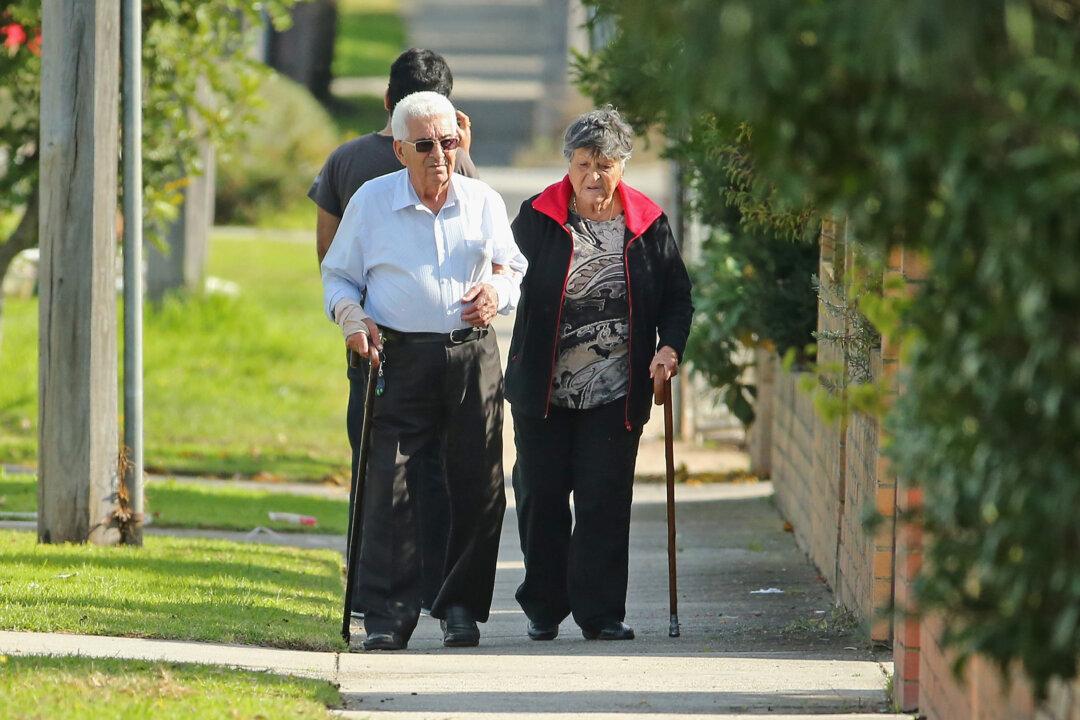Most Australians back a levy for an aged care system that few have confidence in, despite the Morrison government’s $17.7 billion package to fix the system in the budget.
A study of more than 3200 people by the Australian National University found more than four-in-five (85.4 per cent) back a levy to improve the aged care system.





